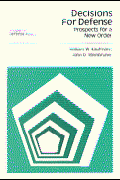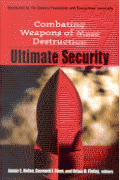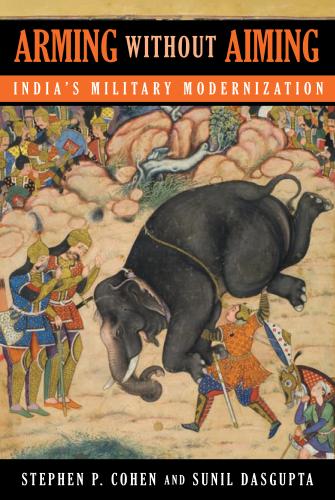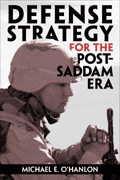


Book
In the wake of the deadly terrorist operations against New York and Washington in September 2001, the possiblity of nuclear attacks against American territory have once again become a subject of concern. The perceived risks to American security from the international diffusion of advanced technologies, along with weakened state controls over borders and international commerce, have hastened a dramatic restructuring of U.S. defense and national security policy.
This book gathers together eight prominent scholars, academics, and policy practitioners to address the major issues underlying the changes in the global security environment and evaluate the effectiveness of recent U.S. policy innovations.
Authors include Amy Zegart, University of California; Joe Cirincione, Carnegie Endowment; Jessica Stern, Harvard University; David Kay, Science Applications International Corporation; Rose Gottemoeller, Carnegie Endowment; William Keller, MIT; Joanna Spear, King’s College London; and Robert Litwak, Woodrow Wilson International Center for Scholars.
Related Books

John D. Steinbruner, William W. Kaufmann
September 25, 1991

Stephen P. Cohen, Sunil Dasgupta
December 5, 2012

Michael E. O’Hanlon
March 29, 2005
Bernard Finel is research fellow at the Center for Peace and Security Studies at the Edmund A. Walsh School of Foreign Service, Georgetown University.
Brian Finlay is director of policy development at the Nuclear Threat Reduction Campaign, an initiative of the Vietnam Veterans of America Foundation.
Janne E. Nolan is a professor of international affairs at the Elliott School at George Washington University and the chair of the Nuclear Security Working Group. She has published several works on American security, including Global Engagement: Cooperation and Security in the 21st Century (Brookings, 1994).